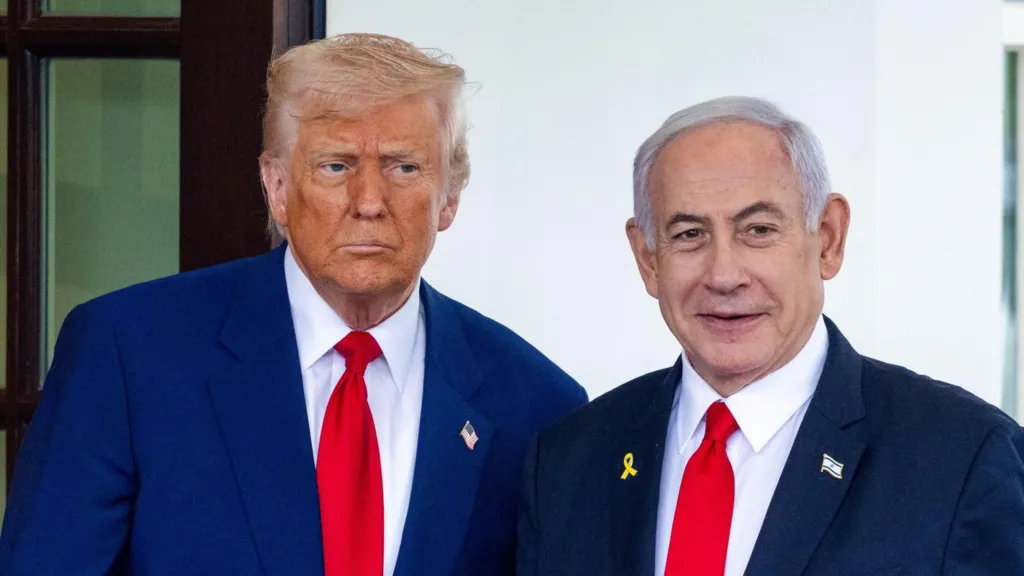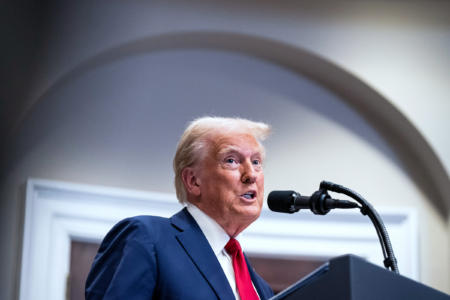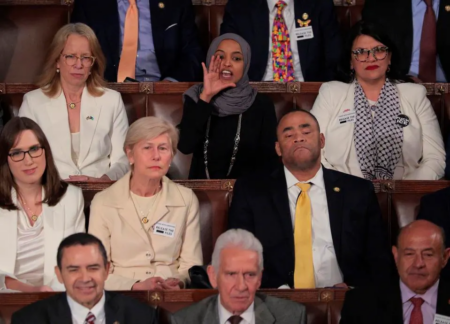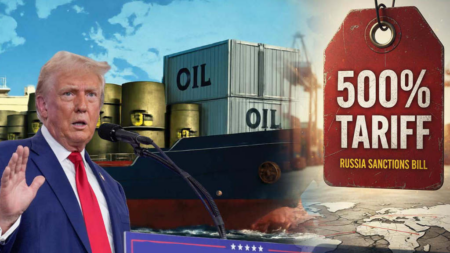Mounting international pressure on President Donald Trump’s administration has raised serious questions about the sincerity of U.S. efforts to end the war in Gaza.
The controversy intensified after Washington refused to sign a United Nations Security Council statement calling for an immediate ceasefire and unrestricted humanitarian aid entry.
Secret Washington Meeting – Key Discussions:
This development comes as the region witnesses heightened diplomatic activity aimed at resolving the months-long conflict.
On August 27, reports revealed a recent secret Washington meeting in the W.H.
Senior U.S. and Israeli officials gathered to discuss a “day after” plan for Gaza.
The session focused on designing a comprehensive strategy for post-war governance, sparking speculation over American and Israeli intentions toward the enclave.

US–Israel Plans for Gaza Ruling
U.S. State Department official Thomas Worrell stated that the secret Washington meeting was unsurprising, as participants were already considering both a ceasefire and long-term governance arrangements.
He emphasized President Trump’s clear stance that Hamas would have no role in ruling Gaza, leaving unanswered the central question: who will govern, and how?
Worrell further highlighted that Israel’s attempts to restrict humanitarian aid had created an acute crisis, and argued that this moment could be an opportunity to resolve multiple issues at once.
Tony Blair and Kushner’s Roles Spark Speculation
Political analyst Ahmed Al-Heila linked the secret Washington meeting to plans for administering Gaza under Israeli security control, noting the presence of former British Prime Minister Tony Blair.
According to Al-Heila, Blair’s attendance suggests discussions about appointing him as a special envoy, backed by the U.S. and Israel, to oversee Gaza’s governance.
Adding to the intrigue, Trump’s former advisor Jared Kushner also attended.
Known for his role in regional economic deals, Kushner is reportedly pushing proposals to transform Gaza into an international economic zone—tapping into offshore gas reserves and promoting projects such as the Ben Gurion Canal, a proposed alternative to the Suez Canal.
Israeli Unity, But Divided Tactics
Israel affairs expert Ihab Jabareen pointed out that while Israel’s political class agrees on the necessity of regaining control over Gaza, strategies diverge.
Some advocate for direct military occupation to dismantle Hamas, while others favor negotiated arrangements under U.S. cover.
He also noted that Israeli Prime Minister Benjamin Netanyahu, wanted by the International Criminal Court, is balancing between appeasing Washington and pursuing aggressive military goals.
Why US–Israel Plans for Gaza May Fail?
Despite the secrecy of the Washington meeting, analysts warn that the plans may face major obstacles:
- Mistrust of Intentions – Palestinians remain deeply skeptical of American and Israeli motives, particularly given proposals involving foreign oversight and economic exploitation.
- Humanitarian Crisis – Ongoing restrictions on aid and basic services risk worsening conditions, fueling instability rather than governance.
- Divergent Agendas – While the U.S. seeks a political settlement, Israeli leadership continues to push for military dominance, creating contradictions.
- Regional Resistance – Any plan sidelining Palestinian representation, including Hamas, risks rejection by Arab and Islamic states.
A Region at a Crossroads
As these backroom negotiations unfold, Hamas faces growing challenges amid unclear Israeli responses to proposed truce frameworks.
The involvement of figures like Blair and Kushner only adds to speculation that Gaza may be reshaped not around its people’s needs, but around geopolitical and economic calculations.
The failure—or success—of US–Israel plans for Gaza will not only determine Gaza’s governance but could redefine the balance of power across the Middle East.








